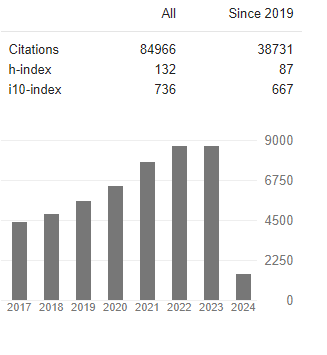A Novel Fused Delivery Carrier Fc-Ii Enhances Mucosal and Systemic Immunity through the FcRn
Abstract
Fazhi Xu, Zhengxuan Zhu, Jing Sun, Xuelan Liu and Qiyun Zhu
FcRn is a specific receptor for IgG recognition and transportation. Although FcRn has been shown to deliver IgG across the mucosa, it is unable to directly enter the MHC antigen presentation pathway. Conversely, the invariant chain (Ii), a chaperonin of MHC class II molecules, stimulates antigen presentation but is unable to pass through mucosal barriers. An effective strategy to improve immunity would be to target antigenic peptides passing through the mucosa to the MHC molecular pathway. In this study, a novel double carrier (Fc-Ii) was constructed using the COE gene of the porcine epidemic diarrhea virus (PEDV) as a link. The double carrier fusion proteins (Fc-COE-Ii) and single carrier fusion proteins (Fc-COE and COE-Ii) were expressed in E. coli, purified, and refolded. Fc-COE-Ii was used as an immunogen to evaluate the immune response, while COE-Ii, Fc-COE, COE, and PBS were used as controls. Eighty 6–8-week-old female Balb/c mouse were divided into five groups (COE, COE-Ii, Fc-COE, Fc-COE-Ii, and PBS) for intranasal immunization supplemented with the CPG ODN 1826 mucosal adjuvant. The results showed that the single carrier fusion proteins COE-Ii and Fc-COE showed a stronger immune response than the COE protein, and the double carrier fusion protein Fc-COE-Ii exhibited higher immunogenicity than the two single carrier fusion proteins. Therefore, this novel double carrier Fc-Ii may be mediated by FcRn to pass through the mucosal barrier of the respiratory tract to effectively enhance stimulation of the mucosal immunity and systemic immune response.




